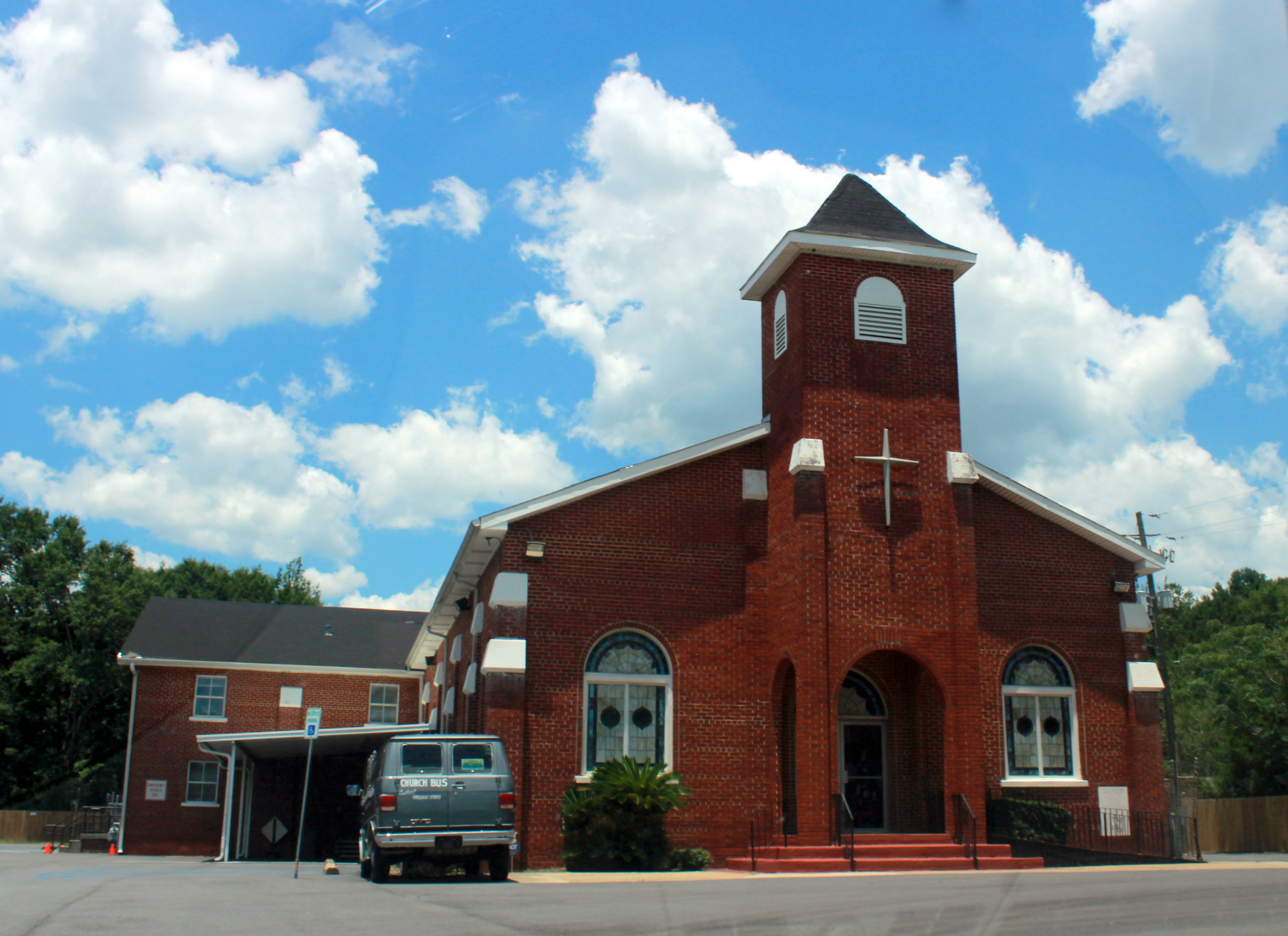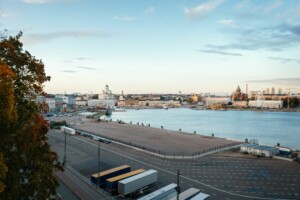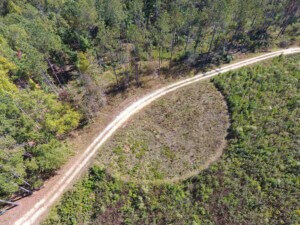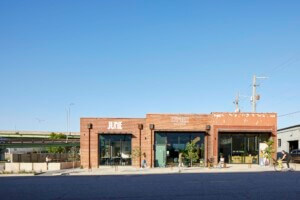Africatown is a small but vibrant neighborhood just north downtown of Mobile, Alabama, formally established in 1872 by a group of 32 formerly enslaved West Africans who were among a larger group of 110 people illicitly smuggled to the Gulf Coast a decade prior aboard the ship Clotilda. Today, the history-rich community, which includes the National Register of History Places-listed Africatown Historic District, serves as the physical and spiritual heart of a sprawling, multi-site “cultural mile” proposed as part of an international design ideas competition now in its early stages.
Although Africatown and its namesake design competition will be the subject of an in-depth profile to be published in the forthcoming July/August print edition of The Architect’s Newspaper, the registration deadline of September 19 is quick approaching.
Below is a brief run-down with all the pertinent details.
The Africatown International Design Idea Competition first launched on Juneteenth of last year, kicking off a (since-extended) registration period during which Africatown gained further international public awareness through its inclusion as one of 25 global sites on the 2022 edition of the World Monument Fund (WMF)’s World Monuments Watch list of at-risk heritage sites. Per the WMF, the specific threat facing Africatown, which was one of three North American sites to make the 2022 list, is underrepresentation along with encroaching industrial development and the impacts of climate change within the coastal South. “Commitment to elevating underrepresented heritage means more than identifying and preserving the material vestiges of peoples’ pasts,” the New York City-headquartered conservation nonprofit explained. “In the case of Africatown in Mobile, Alabama, inclusion on the 2022 Watch will bring further visibility to a shameful episode in history—the last known illegal shipment of enslaved people from the Kingdom of Dahomey to the United States.”
Africatown was nominated for inclusion on the 2022 World Monuments Watch list by professional competition Advisor Renee Kemp-Rotan on behalf of the Africatown community.

The launch of the competition also comes two years after the discovery of the wreckage of the Clotilda in the marshlands of the Mobile River delta. Following its final voyage, the vessel was torched and scuttled as it was operators were acting in defiance of an 1808 law effectively prohibiting the trading of enslaved people between nations. The 2019 discovery of the Clotilda was a catalytic one, spurring members of the Africatown community—including direct descendants of its founders—to embark on an effort to preserve and bring greater awareness to their home, which has suffered from decades of disinvestment.
As envisioned by The Africatown International Design Idea Competition, Africatown would not just be revived and preserved for future generations but act as the epicenter of the so-called Africatown Cultural Mile, a local economy-bolstering cultural heritage tourism destination spanning three different cities—Mobile along with the small neighboring cities of Chickasaw and Prichard—and four unique sites, both rural and urban: Historic Africatown and the Josephine Allen Public Housing Site in Mobile, the Africatown Connections Blueways Sites in Chickasaw, and the Africatown USA State Park in Prichard. In total, 16 ventures are envisioned for the Africatown Cultural Miles—four at each site—including a Clotilda boathouse, a genealogy center and Black Studies Institute, the Africatown Museum and Performing Arts Center, a memorial garden, a “signature spa hotel” and convention center, and Africatown Yacht and Scuba Club.
Collectively, these 16 sites, rooted in history and having diverse appeal, have the potential to “attract millions of visitors and generate billions of dollars in revenue for the economy of Africatown, the Cities of Prichard and Chickasaw, and the greater Mobile region,” explained the competition website.
Per the competition rules, entrants can pick one or multiple cultural mile sites but must submit designs for all four venues assigned to each site.
As detailed on the competition website:
“This multi-site Idea Competition seeks architectural concepts using African design principles, creative placemaking and world-class destination planning. Winning designs should: honor the Africatown story; anchor current and future redevelopment plans; preserve Africatown’s unique cultural identity; and spark community economic revitalization.
Designs should incorporate the latest digital technologies, imbued with ‘Wakanda Forever’ Afrofuturistic sensibilities. Additionally, LEED architectural standards and ways to produce sustainable green energy solutions are encouraged.”
As mentioned, the competition deadline has been extended since its launch last year with the registration deadline now falling on September 19. Design proposals must be submitted by January 19, 2023; winning design submissions will be announced two months later on March 19. The competition, which includes a total cash prize of up to $100,000 for the first, second, and third place winners, is open to all: architects, landscape architects, students, urban planners, and historians are all encouraged to register and submit. Individuals as well as multi-disciplinary teams of up to four members are permitted to participate.
As for the 16-person competition jury panel, it is split equally between eight design professionals and eight local community leaders. Joining jury chair Jack Travis, an architect and author of African American Architects: In Current Practice, on the professional side are: Mario Gooden, a New York-based architect, author, educator, and newly named president of The Architectural League of New York; William A. Gilchrist, a designer, planner, and expert in the vernacular architecture of coastal Africa who serves as Director of Planning and Building for the City of Oakland, California; Kwesi Daniels, head of the Department of Architecture in the Robert R. Taylor School of Architecture and Construction Science at Tuskegee University and former editor of NOMA magazine; Nmadili Okwumabua, an urbanist, educator, and founder of Community Planning & Design Initiative Africa (CPDI Africa); Dr. Natalie S. Robertson, a historian, scholar, and author of The Slave Ship Clotilda and the Making of AfricaTown USA; Dr. Michael Blakely, an esteemed biological anthropologist and author of The Rubric: Engaging Descendant Communities in the interpretation of Slave History; and Kamau Sadiki, a research diver who serves as president of the National Association of Black Scuba Divers and lead diver with the nonprofit Diving with a Purpose.
You can read more about the full jury panel here.











